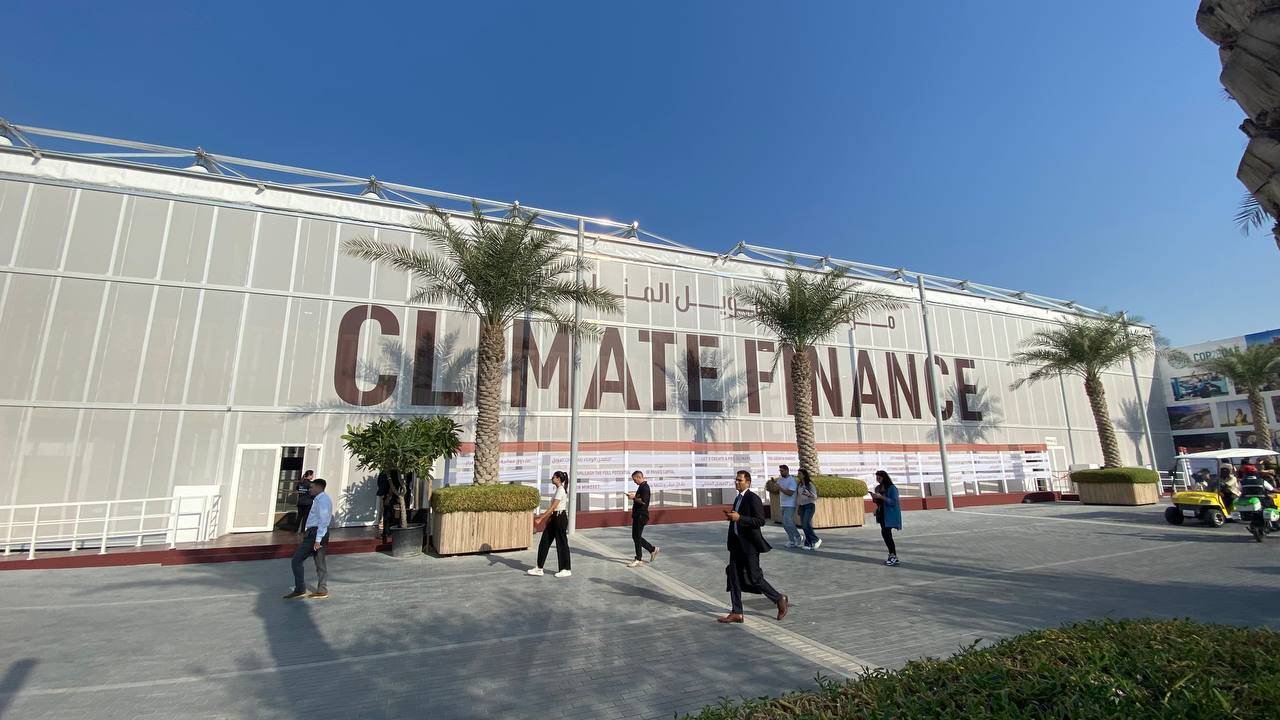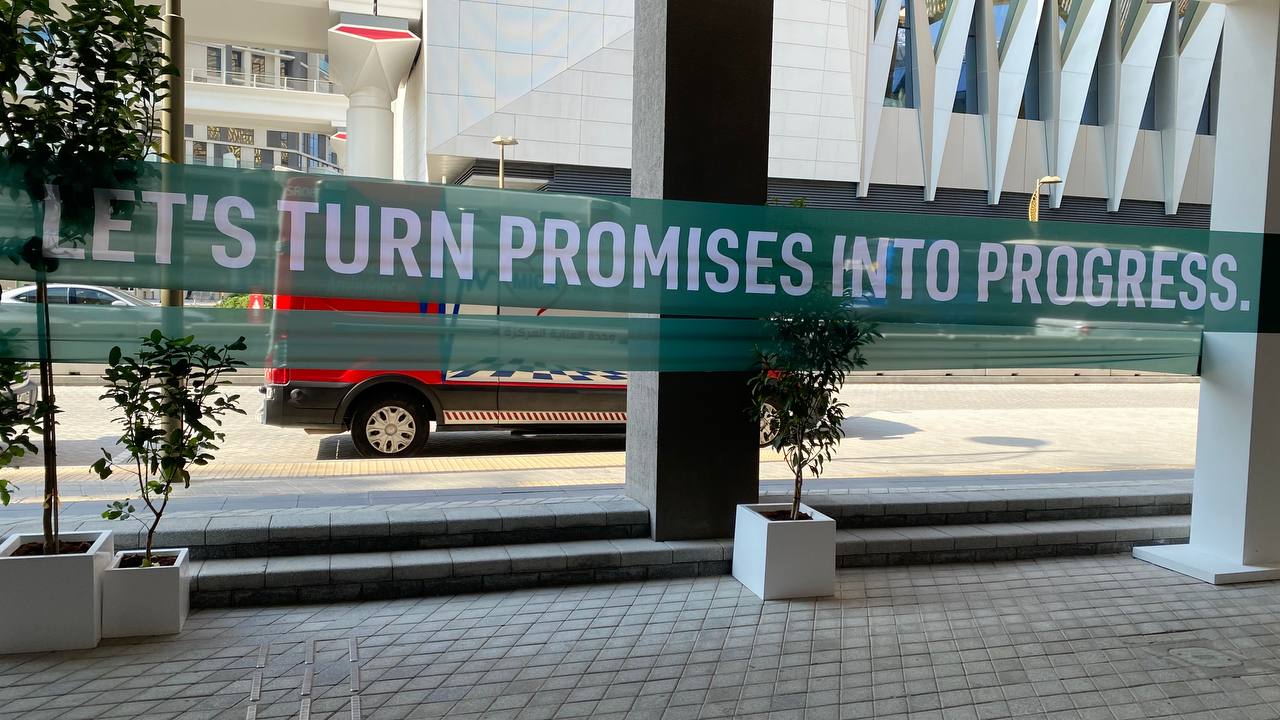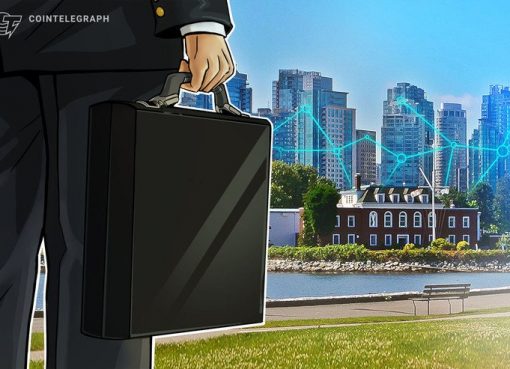As the 2023 United Nations Climate Change Conference (COP28) takes place in Dubai, United Arab Emirates, many projects participated in the climate action effort by launching blockchain-powered initiatives.
From Nov. 30 to Dec. 12, diplomats and leaders from across the globe are gathering at Dubai’s Expo City to advance initiatives in climate action. Among those who participated in the event were blockchain projects, which believe that blockchain technology has the power to contribute to the climate action effort.
From trying to transform waste management to tracking carbon emissions using blockchain technology, blockchain projects joined the effort to save the environment as the most significant climate summit in the world commenced.
Bringing transparency to climate finance
On Dec. 4, Envision Blockchain and the HBAR Foundation partnered with the United Nations to create a new suite of decentralized technology to streamline the carbon markets. The organizations collectively announced the open-source Managed Guardian Service platform focusing on digitized and digital measurement, reporting and verification (dMRV) for carbon markets.
UN Climate Change Global Innovation Hub and Envision developed the platform and built it on Hedera Hashgraph. The project aims to transform the carbon markets using blockchain technology.
On Dec. 5, scientific research center Technology Innovation Institute (TII), the applied research pillar of Abu Dhabi’s Advanced Technology Research Council (ATRC), unveiled a blockchain-powered platform that enables verifiable carbon trading. The project aims to play a vital role in green investments and accelerate the road to net zero emissions.
Dr. Najwa Aaraj, Chief Researcher at TII, said in a press release that the tracking and trading platform “protects the integrity of the transactions and the privacy of the user while ensuring auditability and transparency, making it a perfect tool for a new era of confident carbon trading.”
According to the announcement, the platform will allow the creation of tokens representing a quantity of carbon dioxide removed from the environment. These tokens can be stored and traded. The platform aims to incentivize investing in green projects such as forestation and carbon capture. With blockchain, the TII noted that tracking and tracing products throughout their entire supply chain journey would be possible.

On Dec. 7, a partnership between three organizations, Allcot IO, the Carbon Opportunities Fund and Tolam Earth revealed its initiative to create digital carbon credits. In an announcement sent to Cointelegraph, the organizations highlighted that the partnership aims to foster a sustainable future and promote transparency in climate finance.
With this collaboration, the organizations will adopt the Guardian open-source platform powered by Hedera’s distributed ledger network. One of the initiatives includes the development of environmental assets compatible with Guardian. The assets will have verifiable digital attributes that allow the tracking of evidence that supports the assertion that projects have tangible and positive environmental results.
Related: Web3 firms to support ecosystem development through grants amid market uptick
Apart from bringing transparency to climate finance, other organizations are making various contributions to the climate action effort. On Dec. 7, crypto exchange KuCoin announced a $100,000 donation to multiple projects tackling climate change and sustainable development.
The exchange donated the funds to the Global CSR Foundation, the American Medical Women’s Association (AMWA) and the African Children’s Solar Lamp Project. The projects will use the funds to protect infants and children from pollution, provide solar-powered lights in Africa and help young women from socially disadvantaged communities.

Meanwhile, other organizations plan to continue the efforts even after the COP28 summit. On Dec. 6, DLT Earth announced a hackathon event for developing digital climate methodologies. To bring more transparency to climate market assessments, the DLT Science Foundation (DSF) collaborated with HR to conduct a virtual hackathon for 12 weeks starting on Jan. 8.
Magazine: I spent a week working in VR. It was mostly terrible, however…




